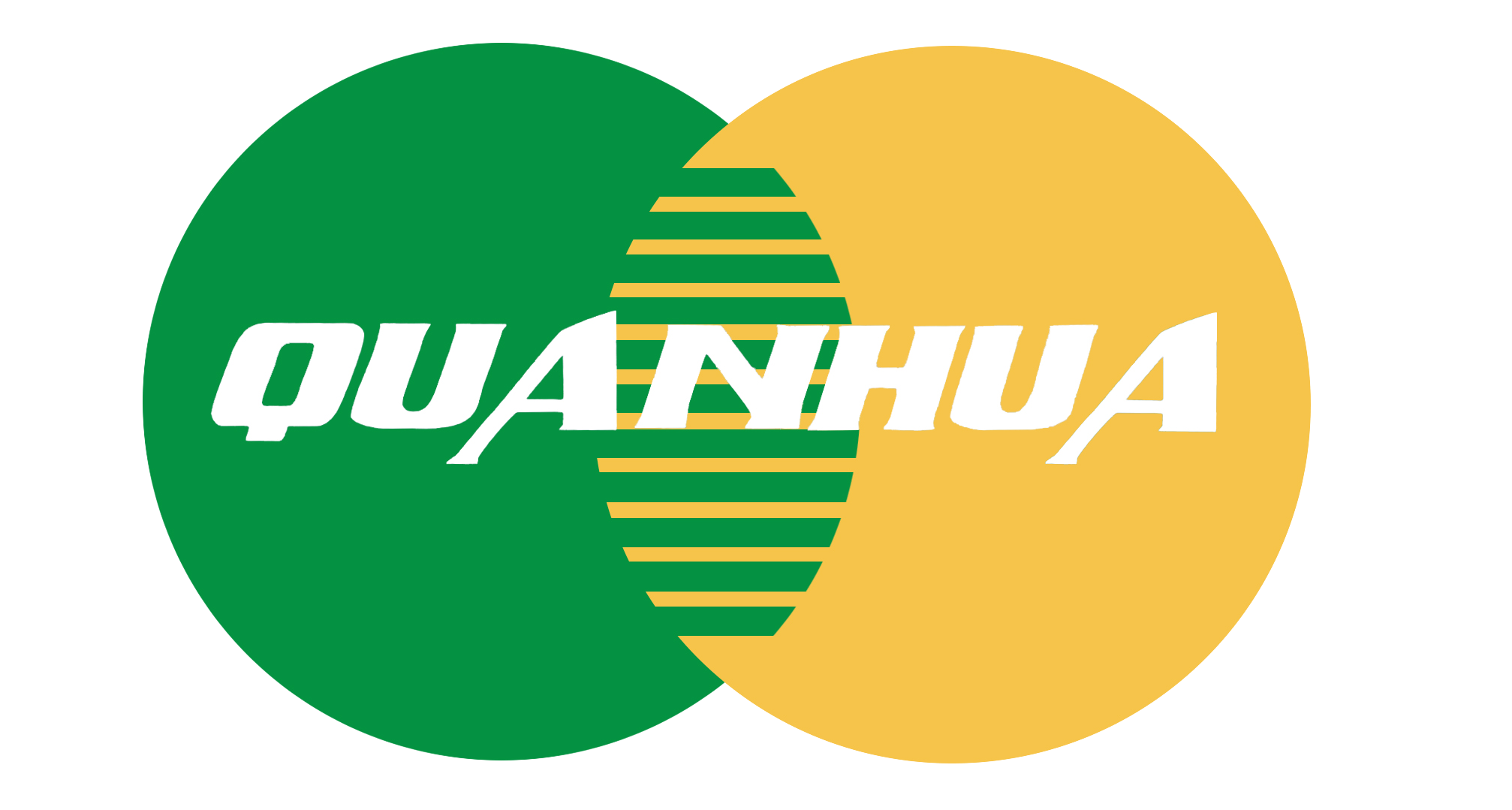Are Biodegradable Forks Truly Compostable?
In today's environmentally conscious world, single-use plastics have become a growing concern. As a result, individuals and businesses are increasingly seeking eco-friendly alternatives to reduce their environmental impact. Disposable forks are a common item used in picnics, parties, and other gatherings, and making the switch to eco-friendly options can make a significant difference.
Why Choose Eco-Friendly Disposable Forks?
Traditional plastic forks are made from petroleum-based materials, which are not biodegradable and can persist in the environment for hundreds of years. These forks often end up in landfills or pollute our oceans, harming marine life and ecosystems.
Eco-friendly disposable forks, on the other hand, are made from sustainable materials that can break down naturally, reducing their environmental footprint. They are often compostable, meaning they can be converted into nutrient-rich soil, and some are even made from recycled materials.
When choosing eco-friendly disposable forks, there are several factors to consider:
・Material: Look for forks made from sustainable materials such as bamboo, wood, paper, or plant-based plastics like PLA (polylactic acid).
・Durability: Ensure the forks are sturdy enough to handle everyday use without breaking or bending easily.
・Compostability: Check if the forks are certified compostable in your area. Industrial composting facilities have the necessary conditions to break down compostable materials effectively.
・Heat Resistance: If you plan to use the forks with hot food, choose forks that are heat resistant to prevent them from warping or melting.
Switching to eco-friendly disposable forks is a simple yet impactful step towards a more sustainable lifestyle. By choosing these alternatives, you can reduce your reliance on single-use plastics and contribute to a healthier planet. Remember to look for certifications and consider the factors mentioned above when making your selection.

